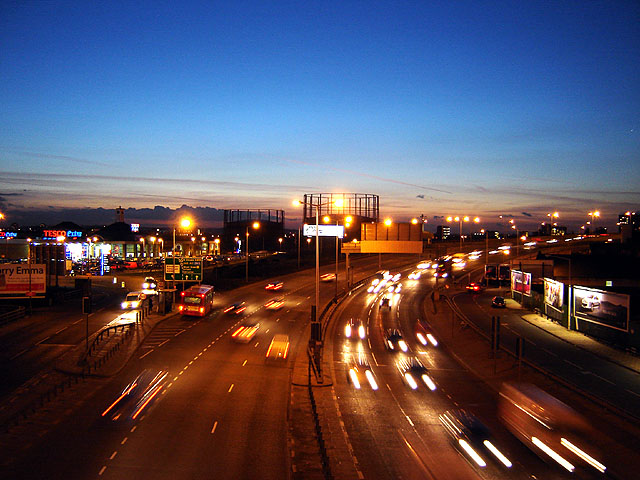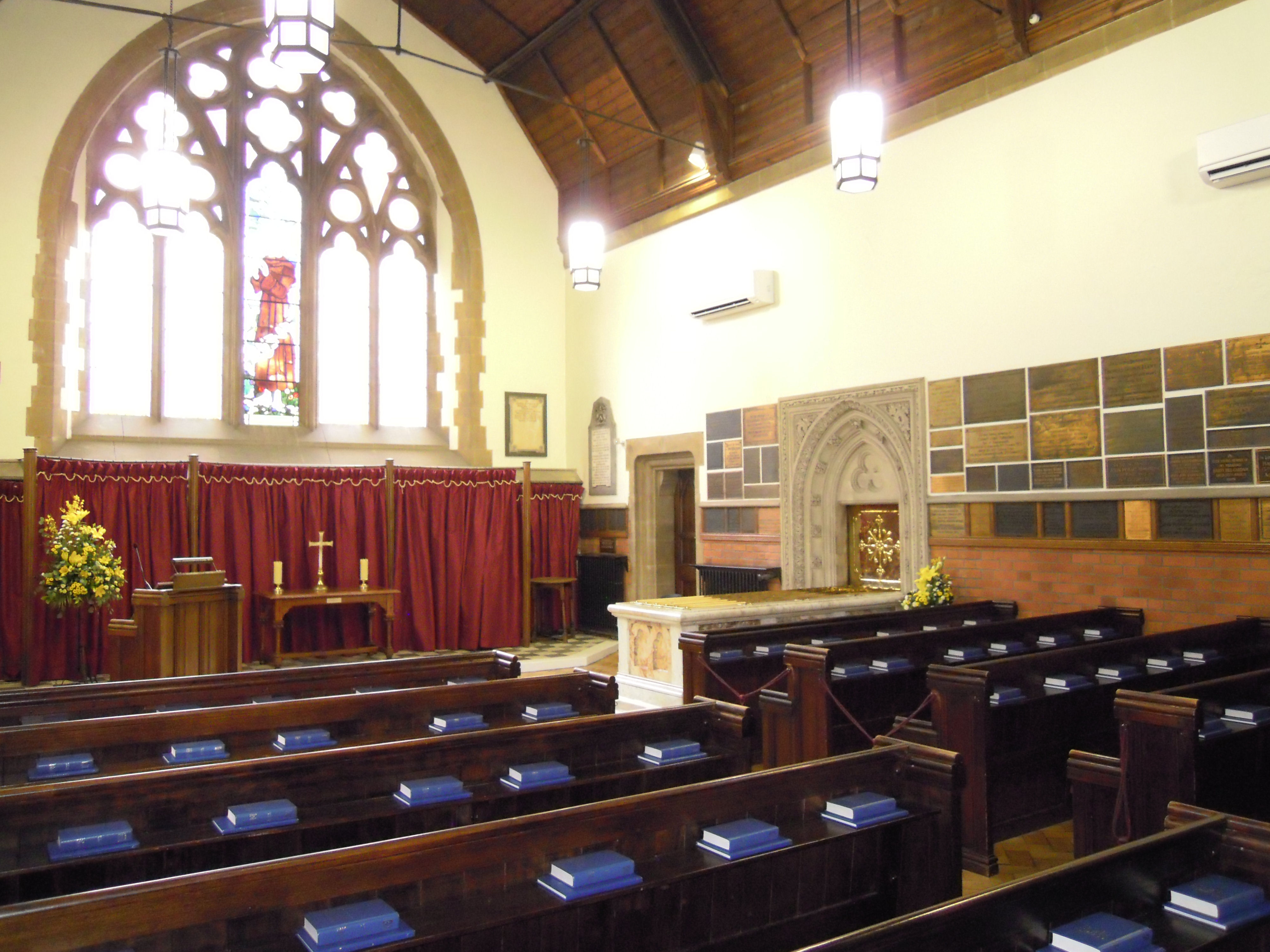|
Florence Dugdale
Florence Emily Dugdale (12 January 187917 October 1937) was an English teacher and children's writer, who was the second wife of the novelist and poet Thomas Hardy. She was credited as the author of Hardy's posthumously published biography, ''The Early Life and Later Years of Thomas Hardy'', although it was written (mostly or entirely) by Hardy himself in his old age. Biography Dugdale was born in Edmonton, London, the daughter of headmaster Edward Dugdale. Florence attended the National Infants School in Enfield for two years until 1886 when she went to St Andrew's Girls School. At the age of 20, her parents paid ninepence per week for her to study at the Higher Grades School. From 1895 onward, Dugdale's life was centred on her teaching. She began training at St Andrew's Girls School, where she and her sister Ethel received prizes from the Diocesan Board of Education for "Religious Knowledge and a proficiency in secular subjects". In 1897, she became a fully qualified teacher at ... [...More Info...] [...Related Items...] OR: [Wikipedia] [Google] [Baidu] |
Edmonton, London
Edmonton is a town in north London, England within the London Borough of Enfield, a Districts of England, local government district of Greater London. The northern part of the town is known as Lower Edmonton or Edmonton Green, and the southern part as Upper Edmonton. Situated north-northeast of Charing Cross, it borders Enfield, London, Enfield to the north, Chingford to the east, and Tottenham to the south, with Palmers Green and Winchmore Hill to the west. The population of Edmonton was 82,472 as of 2011. The town forms part of the Ceremonial counties of England, ceremonial county of Greater London and until 1965 was in the Ancient counties of England, ancient county of Middlesex. Historically a Civil parish, parish in the Edmonton Hundred of Middlesex, Municipal Borough of Edmonton, Edmonton became an Urban district (Great Britain and Ireland), urban district in 1894, and a municipal borough in 1937. Local government took place at the now-demolished Edmonton Town Hall in Fo ... [...More Info...] [...Related Items...] OR: [Wikipedia] [Google] [Baidu] |
Woking Crematorium
Woking Crematorium is a crematorium in Woking, a large town in the west of Surrey, England. Established in 1878, it was the first custom-built crematorium in the United Kingdom and is closely linked to the history of cremation in the UK. Location The crematorium is in Woking, just outside St John's Village on Hermitage Road. Brookwood Cemetery, also known as the London Necropolis, is nearby but operated separately; it was established by the London Necropolis Company in 1849 to accommodate burials of London's deceased. History The crematorium in Woking was founded in 1878, when a piece of land close to St John's Village was bought by Sir Henry Thompson. He was a surgeon and Physician to the Queen Victoria. In 1874, he was a foremost founder and first president of the Cremation Society of Great Britain. The acre of land on which the crematorium was to be established was purchased with the aid of subscriptions (at £200 each) from the London Necropolis Company. It was both ... [...More Info...] [...Related Items...] OR: [Wikipedia] [Google] [Baidu] |
Deaths From Cancer In England
Death is the irreversible cessation of all biological functions that sustain an organism. For organisms with a brain, death can also be defined as the irreversible cessation of functioning of the whole brain, including brainstem, and brain death is sometimes used as a legal definition of death. The remains of a former organism normally begin to decompose shortly after death. Death is an inevitable process that eventually occurs in almost all organisms. Death is generally applied to whole organisms; the similar process seen in individual components of an organism, such as cells or tissues, is necrosis. Something that is not considered an organism, such as a virus, can be physically destroyed but is not said to die. As of the early 21st century, over 150,000 humans die each day, with ageing being by far the most common cause of death. Many cultures and religions have the idea of an afterlife, and also may hold the idea of judgement of good and bad deeds in one's life (heave ... [...More Info...] [...Related Items...] OR: [Wikipedia] [Google] [Baidu] |
English Children's Writers
English usually refers to: * English language * English people English may also refer to: Peoples, culture, and language * ''English'', an adjective for something of, from, or related to England ** English national identity, an identity and common culture ** English language in England, a variant of the English language spoken in England * English languages (other) * English studies, the study of English language and literature * ''English'', an Amish term for non-Amish, regardless of ethnicity Individuals * English (surname), a list of notable people with the surname ''English'' * People with the given name ** English McConnell (1882–1928), Irish footballer ** English Fisher (1928–2011), American boxing coach ** English Gardner (b. 1992), American track and field sprinter Places United States * English, Indiana, a town * English, Kentucky, an unincorporated community * English, Brazoria County, Texas, an unincorporated community ... [...More Info...] [...Related Items...] OR: [Wikipedia] [Google] [Baidu] |
1937 Deaths
Events January * January 1 – Anastasio Somoza García becomes President of Nicaragua. * January 5 – Water levels begin to rise in the Ohio River in the United States, leading to the Ohio River flood of 1937, which continues into February, leaving 1 million people homeless and 385 people dead. * January 15 – Spanish Civil War: Second Battle of the Corunna Road ends inconclusively. * January 20 – Second inauguration of Franklin D. Roosevelt: Franklin D. Roosevelt is sworn in for a second term as President of the United States. This is the first time that the United States presidential inauguration occurs on this date; the change is due to the ratification in 1933 of the Twentieth Amendment to the United States Constitution. * January 23 – Moscow Trials: Trial of the Anti-Soviet Trotskyist Center – In the Soviet Union 17 leading Communists go on trial, accused of participating in a plot led by Leon Trotsky to overthrow Joseph Stalin's regime, and assassinate ... [...More Info...] [...Related Items...] OR: [Wikipedia] [Google] [Baidu] |
1879 Births
Events January–March * January 1 – The Specie Resumption Act takes effect. The United States Note is valued the same as gold, for the first time since the American Civil War. * January 11 – The Anglo-Zulu War begins. * January 22 – Anglo-Zulu War – Battle of Isandlwana: A force of 1,200 British soldiers is wiped out by over 20,000 Zulu warriors. * January 23 – Anglo-Zulu War – Battle of Rorke's Drift: Following the previous day's defeat, a smaller British force of 140 successfully repels an attack by 4,000 Zulus. * February 3 – Mosley Street in Newcastle upon Tyne (England) becomes the world's first public highway to be lit by the electric incandescent light bulb invented by Joseph Swan. * February 8 – At a meeting of the Royal Canadian Institute, engineer and inventor Sandford Fleming first proposes the global adoption of standard time. * March 3 – United States Geological Survey is founded. * March ... [...More Info...] [...Related Items...] OR: [Wikipedia] [Google] [Baidu] |



